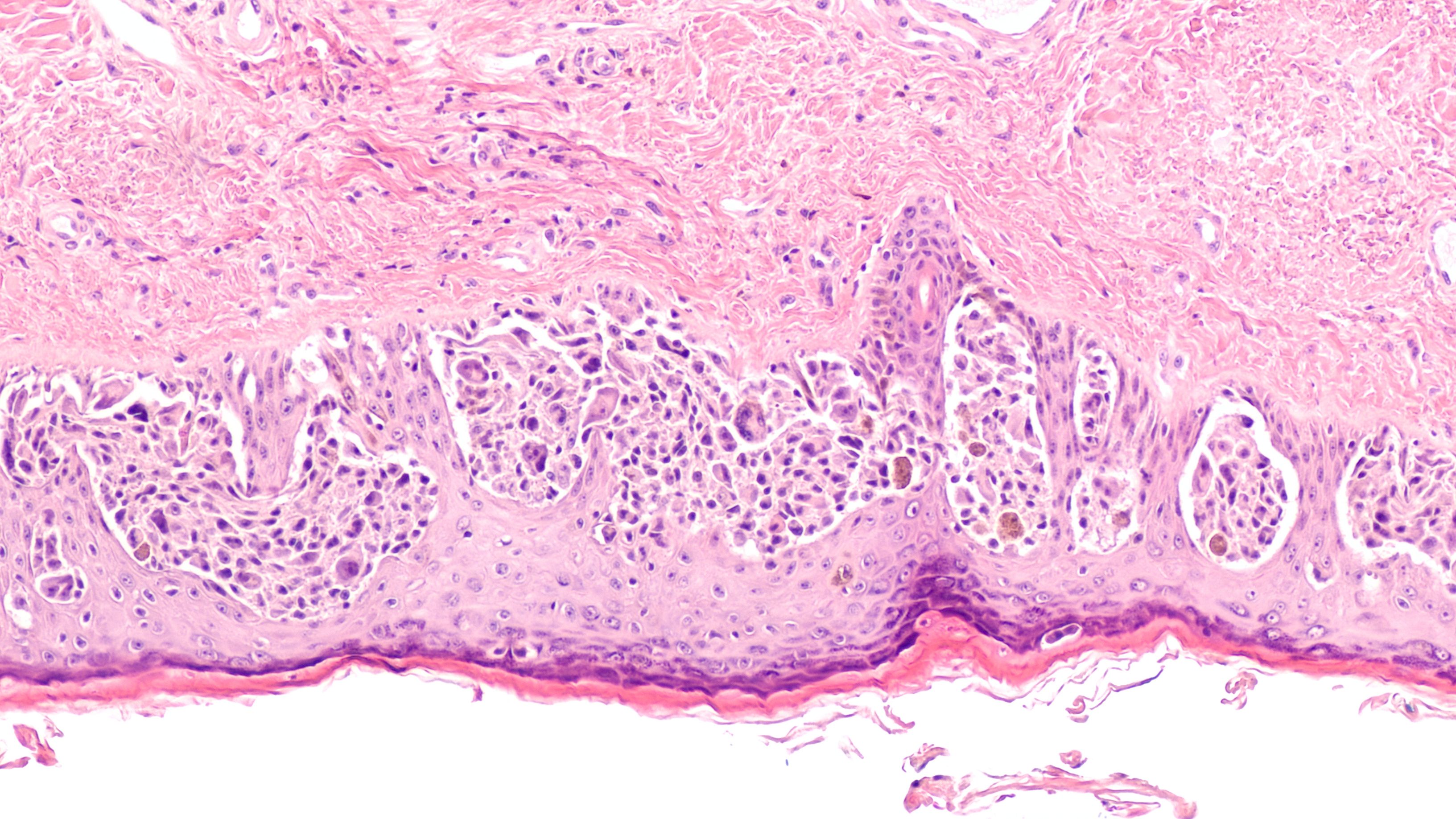Melanoma Monday: From Early Detection to Cutting-Edge Treatments
May 6, 2024, is Melanoma Monday. In this article, Niroshana Anandasabapathy, MD, PhD, explores how advancements in detection and treatment are improving the fight against melanoma.
Niroshana Anandasabapathy, MD, PhD
Dermatologist
Weill Cornell Medicine and NewYork-Presbyterian Hospital

Melanoma, the deadliest form of skin cancer, is on the rise. But there's a silver lining as this increase might be partly due to earlier detection. The use of Dermoscopy, a handheld device which allows closer surveillance of the organization of a mole or lesion, has greatly facilitated in detection of melanomas and moles that are dysplastic/or atypical. This device allows doctors to see the intricate structure of moles, helping identify suspicious ones.
For patients with many moles, mole mapping and other computer assisted technologies can help practitioners keep track of moles from year-to-year, helping to identify those changing enough to be seen as dangerous.
The treatment landscape for melanoma has also undergone a revolution with targeted therapies and immunotherapy. Our multidisciplinary team, combining surgical, medical, and radiation oncology, utilizes these advancements and incorporates targeted therapies that target signaling pathways upregulated in certain cancers and immunotherapy. This helps to expand an immune response against cancer.
Melanoma: © David A Litman - stock.adobe.com

A major challenge is that when patients get these medications, we are always balancing the efficacy of the treatment with the adverse effects or toxicities that could arise from the treatment. Therefore, a major research effort is to not only expand who will respond to targeted and immunotherapy, but to mitigate or reduce toxicities arising from therapy which would allow patients to stay on therapy longer, or in combination with more drugs.
Melanoma Monday Utilizes Social Media
Bringing to light the importance of sun avoidance and tanning avoidance is a key goal of these campaigns. There, I think we are successful. We do detect skin cancers at these screenings, but a lot of people who come in are healthy individuals. I think we should also focus our campaigns in groups with higher skin cancer risk such as transplant patients, and help work with our colleagues in these areas where the immune system is suppressed and skin cancer risk is particularly high.
Multidisciplinary team approaches such as disease management teams and tumor boards help to bring the stakeholders together to optimize patient care outcomes and consider challenging individual cases and new therapeutics.
Melanoma Monday is a crucial reminder to be vigilant about skin health. By combining early detection, innovative treatments, and targeted outreach, we can turn the tide on this preventable cancer.